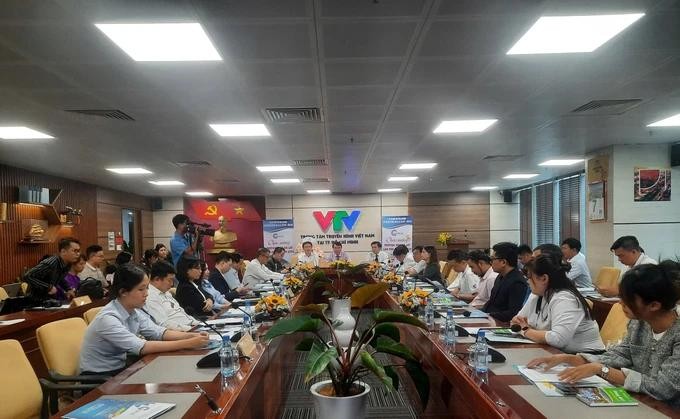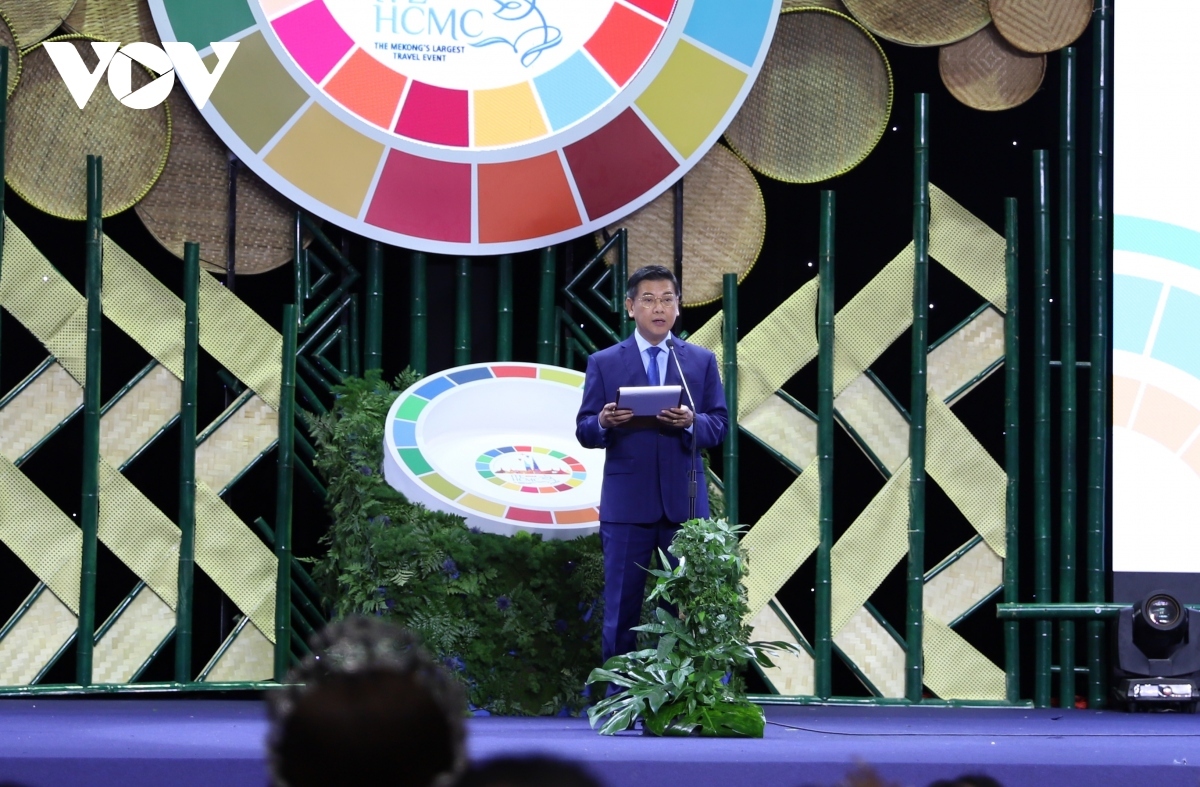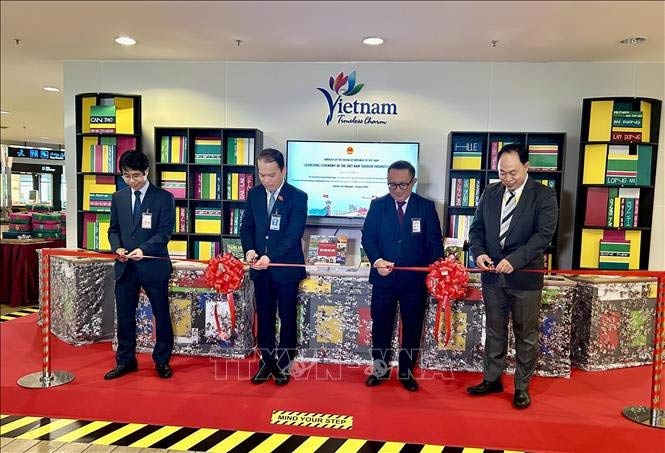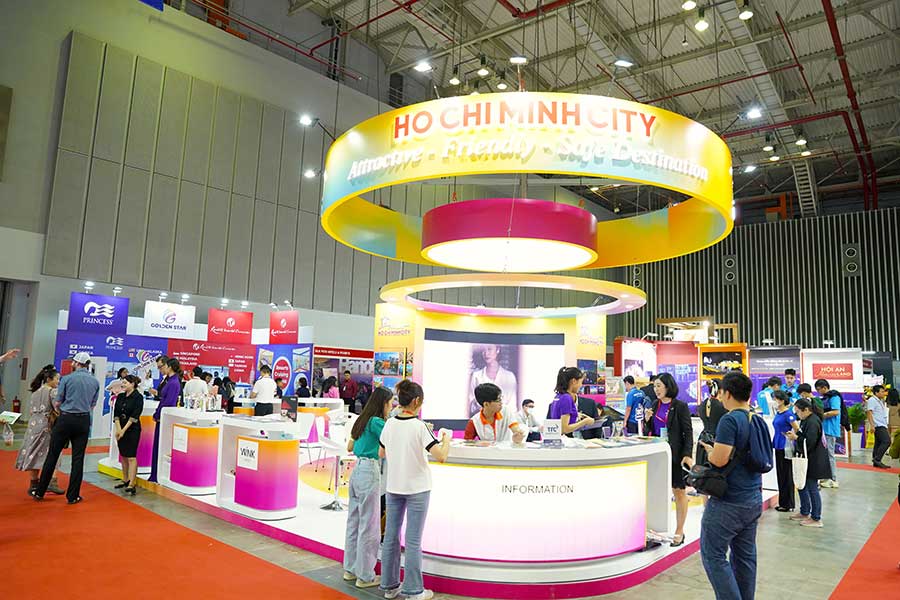VOV.VN - Swiss scholar and journalist Guy Mettan published an article on online newspaper bonpourlatete.com on January 12, appreciating the Vietnamese "bamboo diplomacy" policy and the "Made in Vietnam" chip production efforts ahead of Prime Minister Pham Minh Chinh's attendance at the 54th he World Economic Forum annual meeting in Davos in Switzerland.

Mettan said that in the early 2000s he visited Vietnam many times to prepare to write a book about the Geneva Agreement which ended the Indochina War in 1954. The appearance and stature of the country has changed dramatically ever since.
The author emphasised that 2023 was a busy year for Vietnam with its "bamboo diplomacy" policy and efforts to become a new centre of the semiconductor industry.
Taking full advantage of opportunities brought about by the international situation, the country has increased its foreign affairs activities whilst strengthening its varios partnerships.
He commented that Vietnam remains solid and flexible, soft and resilient like a bamboo tree, welcoming every gentle breeze and overcoming earth shaking storms.
Last year saw the nation launch a broad array of high-level diplomatic activities with countries, including visits made by US President Joe Bide and Chinese President Xi Jinping.
Mettan also mentioned that for the first time the Vatican has set up a permanent representative in Vietnam, with this being a historic moment in diplomatic relations between Vietnam and the Vatican.
According to the author, the country is expected to achieve Gross Domestic Product (GDP) growth at 6% to 6.5% in 2024 thanks to stronger imports and exports, as well as production activities.
Furthermore, the nation is also destined to become a new hub for the semiconductor industry with a series of investment projects worth billions of US$.
The country aims to master 100% of the "Made in Vietnam" chip production stages and plans to train 50,000 specialised engineers by 2030.
It is attracting more and more major semiconductor industry enterprises from the United States, the Republic of Korea, and Taiwan (China).
Currently, the country accounts for more than 10% of the total amount of semiconductor chips imported into the US, ranking third in chip exports to the US, after Malaysia and Taiwan (China).














